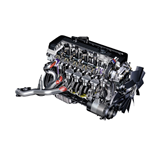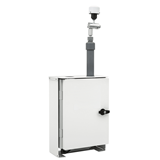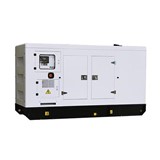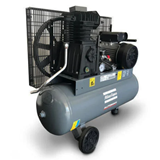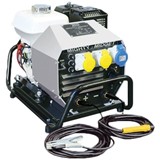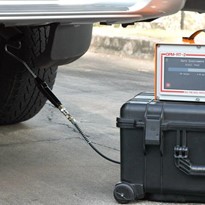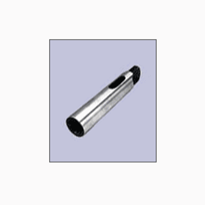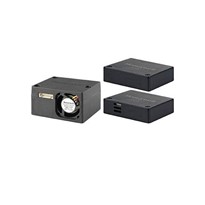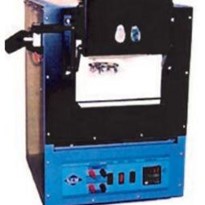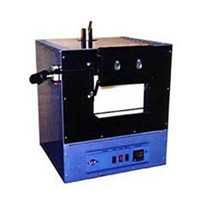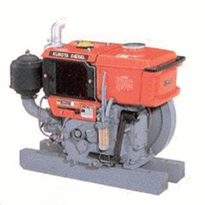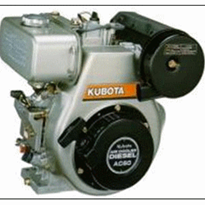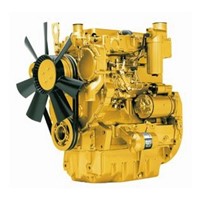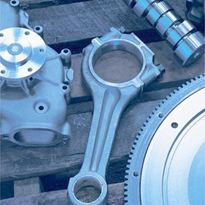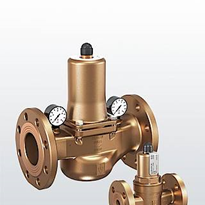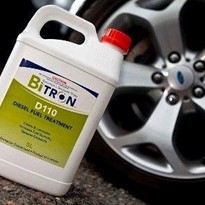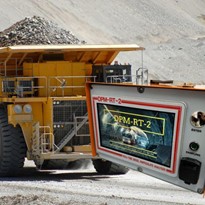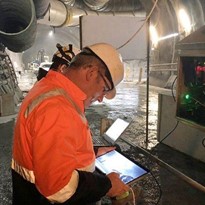A considerable body of evidence has shown diesel particulate matter to have an adverse effect on humans.
Diesel particulate filters (DPFs) are fitted to diesel engine exhaust systems to capture this particulate matter and minimise its release to the surrounding environment.
Regenerative diesel particulate filters
Particulate filters eventually fill or become clogged with the trapped particles and need cleaning or replacement.
To counteract this, modern diesel engines found in cars, trucks and many types of heavy commercial equipment employ a system of "regeneration" which burns the trapped particulate matter and reduces it to carbon dioxide (CO2) and ash.
The CO2 is released in the exhaust stream and the ash retained in the filter where it too eventually needs to be removed or the filter replaced.
Drawbacks, costs of diesel particulate filter regeneration
A number of mechanisms are used to raise exhaust temperatures sufficiently for this burn-off to periodically take place. Regardless of the method used, extra diesel fuel is consumed for the duration of the process.
Giving a vehicle a good run at high speed is often sufficient to carry out the required burn-off process, where the vehicle's engine can attain a high enough RPM necessary to create optimum conditions.
Another approach is to park the vehicle and enable a stationary burn to take place. This is typically a 20 to 30 minute procedure and requires significant clearance zone around the vehicle due to the high exhaust system temperatures present.
Preventative maintenance solutions
The frequency of DPF burn-offs, additional diesel fuel used and eventual filter replacement are a direct function of the capacity of the filter and the combustion efficiency of the engine (particulate production).
Reducing the formation of particulates by improving combustion reduces the need to conduct regenerative burn-offs and eventual filter replacement, while also saving on extra fuel burned for the process.
This can be achieved through the aftermarket treatment of the diesel fuel with an advanced fuel treatment solution such as Bitron Genesis Advanced Diesel Treatment (see Bi-tron D110 Diesel Treatment). An advanced fuel treatment solution can significantly improve combustion, decrease particulate matter production and reduce the overall operating costs involved with regenerative diesel particulate filters.
Other methods that can be used to reduce the formation of particulates include turbo-charging, computer-controlled engine management and high-pressure common rail diesel injection.



